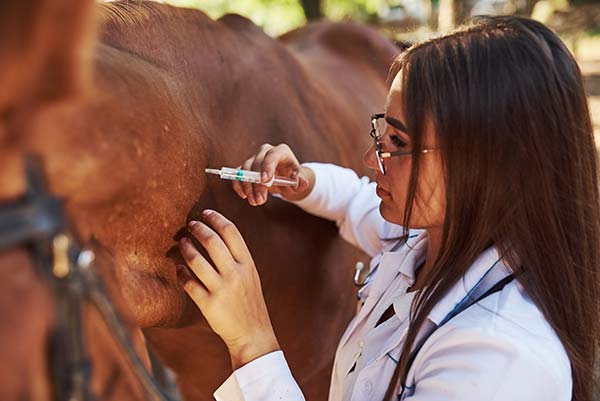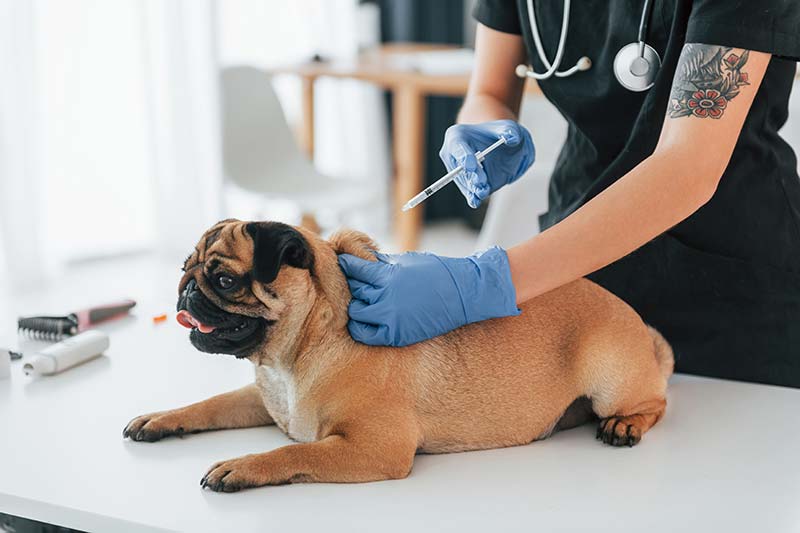Methotrexate is an immunosuppressive medication often used to treat conditions like rheumatoid arthritis and certain cancers. Because it affects the immune system, specific vaccine considerations, including the flu, are made.
- Flu Vaccine Recommendations: It’s generally recommended that individuals on methotrexate receive the flu vaccine, especially since they may be at a higher risk for severe flu complications.
- Timing: If possible, getting vaccinated before starting methotrexate treatment or during periods of stable disease may provide the best response.
- Inactivated vs. Live Vaccines: For people on immunosuppressive therapy, the inactivated flu vaccine (nasal spray) is preferred over the live attenuated vaccine (nasal spray).
- Consult Healthcare Provider: Patients should discuss their specific situation with their healthcare provider, who can provide personalized advice based on their health status and treatment plan.
Flu rhino vaccine for horses
The flu-rhino vaccine for horses is a combination vaccine that protects against two important respiratory diseases: equine influenza and equine herpesvirus (EHV), specifically EHV-1 and EHV-4. Here are some key points:
- Equine Influenza: This highly contagious viral infection can cause respiratory issues, coughing, and fever in horses. The flu vaccine helps reduce the severity and spread of the disease.
- Equine Herpesvirus: EHV can lead to respiratory disease, neurological issues, and reproductive problems in horses. Vaccination helps protect against these complications.
- Vaccination Schedule: The vaccine is usually given to horses annually, but young or high-risk horses may require more frequent vaccinations. Following the recommended schedule based on your veterinarian’s advice is essential.
- Administration: The vaccine is typically administered via injection. Some horses may experience mild reactions at the injection site or have a low-grade fever afterward.
- Importance: Regular vaccination is crucial for horses, especially those in competitive settings or who are in contact with many other horses, as it helps maintain herd health and reduces the risk of outbreaks.
Always consult your veterinarian for specific recommendations and tailor a vaccination plan to your horse’s needs.

Bivalent dog flu vaccine
The bivalent dog flu vaccine is designed to protect against two strains of the canine influenza virus: H3N8 and H3N2. Here are some essential details about this vaccine:
- Strains Covered:
- H3N8: Originally associated with racing greyhounds, this strain has been present in the U.S. since 2004.
- H3N2: This strain emerged more recently and is known to spread rapidly among dogs, especially in crowded environments like shelters or dog parks.
- Benefits:
- The vaccine helps reduce the severity of illness and the spread of the virus among dogs.
- It is particularly recommended for dogs frequently in contact with other dogs, such as those attending daycare, training classes, or dog shows.
- Vaccination Schedule:
- Initially, dogs typically receive two doses of the vaccine, administered 2-4 weeks apart. After that, annual boosters are recommended.
- Side Effects:
- Side effects are generally mild and may include a slight fever, lethargy, or soreness at the injection site. Severe reactions are rare.
- Consult Your Veterinarian:
- Discussing your dog’s risk factors with your veterinarian is essential to determine the best vaccination plan for them.
Vaccination can be essential for preventing canine influenza and ensuring your dog’s health, especially in high-risk environments.

How long can the flu vaccine stay out of the refrigerator?
The stability of a flu vaccine outside of refrigeration depends on the specific formulation and manufacturer’s guidelines. Generally, flu vaccines should be stored at temperatures between 2°C and eight °C (36°F and 46°F). If a flu vaccine is left out at room temperature, here are some general guidelines:
- Inactivated Vaccines: Most inactivated flu vaccines can be stable for a short time (usually no more than a few hours) outside of refrigeration. However, prolonged exposure to temperatures above eight °C can reduce effectiveness.
- Live Attenuated Vaccines: These vaccines (like the nasal spray) are more sensitive to temperature changes and should not be left out for extended periods.
- Manufacturer Recommendations: Refer to the vaccine’s package insert or consult the manufacturer for specific storage instructions and stability information.
If a vaccine has been left out for an extended period, it’s best to consult a healthcare provider or pharmacist to determine if it can still be used. Proper storage is crucial to maintaining the vaccine’s effectiveness.
Johnson, K. Flu Vaccine in Michigan. Health Link Pharmacy.

